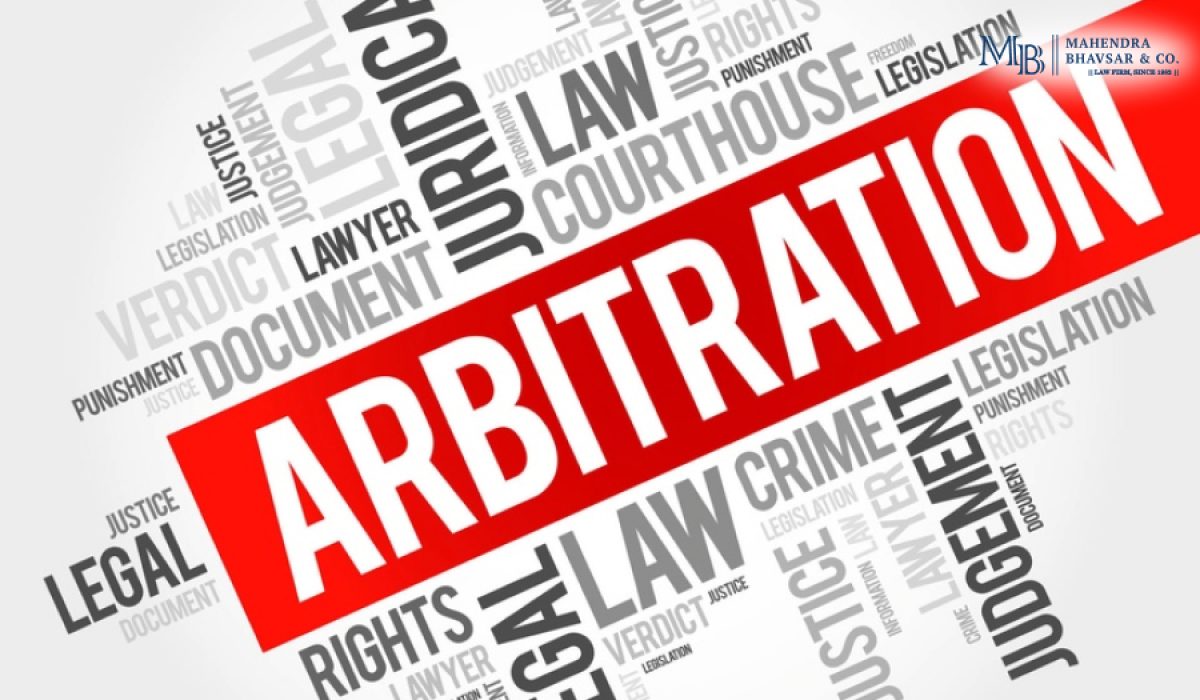Introduction
In a judgment dated 29 November 2024, the Delhi High Court reaffirmed the narrow scope of judicial scrutiny under Section 11 of the Arbitration and Conciliation Act, 1996, while referring a commercial dispute to arbitration. The case involved Indraprastha Gas Ltd. (IGL) and its customer Chintamani Food and Snacks, where the central dispute revolved around unpaid arrears allegedly arising from a pricing update failure in a prepaid gas metering system. The court held that existence of an arbitration agreement was sufficient to warrant referral, leaving other objections for the arbitral tribunal to decide.
1. Factual Background and Procedural History
- IGL and Chintamani Food entered into a Gas Supply Agreement (GSA) on 05.03.2018, under which IGL supplied Piped Natural Gas (PNG) to the respondent’s premises in Delhi.
- From 25.08.2012 to October 2020, PNG was supplied on a post-paid basis, with monthly billing.
- From October 2020, the respondent was shifted to a prepaid gas plan, where tariffs were to be updated automatically by AIUT Technologies LLP, an agency engaged by IGL.
- Between July and December 2022, tariff updates were not correctly reflected in the prepaid meter due to a lapse by AIUT.
- IGL alleged under-billing for this period and raised a differential outstanding demand of ₹3,50,638.33 in November 2022.
- A legal notice was sent on 26.09.2023, followed by a notice of arbitration on 28.11.2023, invoking Article 23 of the GSA.
- The respondent denied liability and opposed the petition under Section 11, arguing there was no live dispute and that the arbitration clause was inapplicable post prepaid transition.
2. Identification of Legal Issues
- Whether an arbitration agreement under the GSA remained applicable after the respondent migrated to a prepaid gas model.
- Whether a dispute exists that is capable of being referred to arbitration.
iii. Whether the court at the Section 11 stage can examine the validity or arbitrability of the underlying dispute.
3. Arguments of the Parties
Petitioner (IGL):
- Relied on Article 23 of the GSA, which provided for arbitration in case of unresolved disputes.
- Admitted fault lay with AIUT Technologies LLP in not updating the prepaid meter.
- Argued that the respondent still owed arrears and the arbitration clause remained applicable.
Respondent (Chintamani Food and Snacks):
- Argued that the dispute was fictitious, as gas was used only after pre-payment.
- Claimed that since no demand was raised during the period of use, the dispute was a belated afterthought.
- Contended that after transitioning to prepaid, the arbitration clause ceased to apply.
4. Court’s Analysis and Reasoning
Justice Sachin Datta held:
Prima Facie Standard at Section 11 Stage
- Citing Interplay between Arbitration & Indian Stamp Act (2023 SCC OnLine SC 1666) and SBI General Insurance v. Krish Spinning (2024 INSC 532), the court emphasized that:
The referral court must only examine the existence of an arbitration agreement, not the merits or arbitrability of the dispute. - A prima facie arbitration agreement existed, and the GSA’s execution was undisputed.
Dispute over Applicability of GSA
- Whether the prepaid model excluded the arbitration clause required contract interpretation.
- Such issues are best left to the arbitral tribunal under Section 16 (competence-competence doctrine).
Invalidity of Panel-Based Appointment Clause
- Though Article 23 provided that IGL would nominate three arbitrators for the respondent to choose from, this procedure was held invalid in light of Central Organisation for Railway Electrification v. ECI-SPIC SMO MCML JV (2024).
- Accordingly, the court exercised its power to appoint an independent sole arbitrator.
5. Final Conclusion and Holding
The High Court:
- Confirmed existence of an arbitration agreement under Article 23 of the GSA.
- Rejected respondent’s objections regarding applicability and arbitrability.
- Appointed Mr. Anant Vijay Palli, Senior Advocate, as sole arbitrator.
- Directed proceedings to be conducted under the Delhi International Arbitration Centre (DIAC) rules.
- Clarified that all objections on jurisdiction and merits are reserved for the tribunal.
FAQs:
1. Can prepaid billing disputes be referred to arbitration?
Yes. If the underlying contract contains an arbitration clause, even prepaid billing disputes can be referred, subject to the arbitral tribunal’s jurisdiction.
2. What is the court’s role under Section 11 of the Arbitration Act?
Courts only assess whether a valid arbitration agreement exists. They do not examine the merits or whether a valid dispute exists—that is for the arbitrator.
3. Does the competence-competence principle apply in India?
Yes. Under Section 16 of the Arbitration Act, arbitral tribunals can rule on their own jurisdiction, including the existence and scope of the arbitration agreement.
4. Are unilateral arbitrator appointment clauses valid?
No. Clauses that allow one party to control the appointment process are invalid under Indian law. Courts now appoint neutral arbitrators directly.
5. Can an arbitration clause survive operational changes like a shift to prepaid?
Yes. Unless expressly terminated or novated, the arbitration clause typically survives and continues to apply to disputes arising from the contractual relationship.
Stay informed with insights that matter. Follow us for more updates on key legal developments.
Disclaimer
The content provided here is for general information only; it does not constitute legal advice. Reading them does not create a lawyer-client relationship, and Mahendra Bhavsar & Co. disclaims all liability for actions taken or omitted based on this content. Always obtain advice from qualified counsel for your specific circumstances. © Mahendra Bhavsar & Co.
